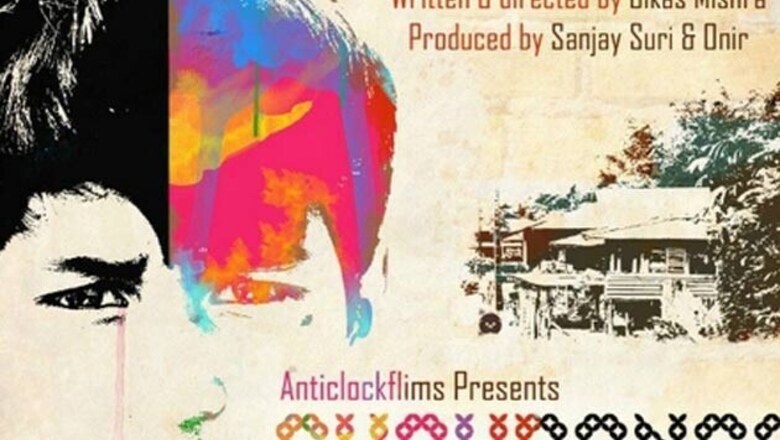
views
The just-concluded 16th Mumbai Film Festival has been a good one for Indian cinema, with nearly half the top prizes having been awarded to Indian filmmakers. Chaitanya Tamhane's Court took home 3 awards from the International Competition section - the Golden Gateway Award for Best Film, Best Director, and a jury special mention for its ensemble cast. Those who watched the competition films at the festival this year may not be surprised, as the Marathi film was clearly above the cut.
However, yesterday, there was a fair amount of surprise when Bikas Ranjan Mishra's Chauranga was awarded as the best film under the India Gold category. This is because there was tremendous support for Avinash Arun's Killa, which saw packed audiences and rapturous ovations at every showing. By popular demand, the organisers even added an extra screening for Killa on Sunday evening, in which people sat in the aisles for lack of empty seats.
This film ended up receiving the second prize.
In contrast, Chauranga received mixed reviews, with some lauding it for its unflinching, hard-hitting storyline and others walking out somewhat underwhelmed. In my diary, I wrote that while the film definitely benefited from some very good writing, resulting in a few great cinematic moments, it was undone by the fatal miscasting of Sanjay Suri and a lack of consistency when it came to narrative and authenticity. Furthermore, Chauranga received more tepid responses from audiences and no additional screening of the film was held.
What, therefore, could be the factors that led to the jury picking Chauranga over Killa?
One clue comes from the composition of this year's jury, comprising Serbian filmmaker Goran Paskaljevic (the jury head), American-Chinese actress Bai Ling, Sri Lankan filmmaker Prasanna Vithanage, French documentary filmmaker Serge Bromberg, and British producer Colin Vaines.
Given that there was no Indian on that jury, unlike in the International Competition category that had The Lunchbox director Ritesh Batra, it's quite possible that the inconsistencies in accent and characterisation escaped their notice.
Many cultural references and nuances are often lost when subtitles come in play. It would've been quite difficult, understandably, for a jury that doesn't know the language to be distracted by, say, Suri's decidedly urban inflections.
Another theory propounded by a source closely associated with the festival suggests that this is a case of outsider perceptions clashing with foregone insider conclusions. "For the jury members, a coming-of-age film like Killa is not unique as it's a genre that is routinely explored in world cinema," said the source, who preferred to remain anonymous. "For Western audiences, the twisted caste politics and the 'exoticism' shown in Chauranga might have been more appealing." In other words, the jury might have applied its own understanding of Indian culture and cinema to its decision.
Either way, the decision has been made and splitting hairs over it would be a waste of time. While Killa may have lost out on the top prize, it has received enough great word-of-mouth to go the distance in the festival circuit. Meanwhile, the award for Chauranga and apparent international appeal is likely to boost its chances of being seen in many different countries as well. If Ravi Shastri had a comment to make about this situation, my bet is that he'd say something about 'Indian cinema' and 'winning'.
















Comments
0 comment